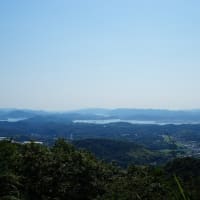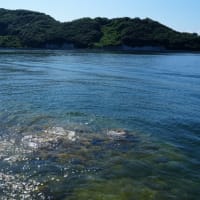2020/6/20
There were many passages in this month's issue of the monthly magazine Seiryon that I left unread.
This morning, when I was reading Mr. Sukehiro Hirakawa's long series of articles, a passage struck me as very similar to what is happening in China today.
In the notes that Mr. Hirakawa included at the end of his article, a passage proved that I had hit the nail on the head.
In this paper, I would like to excerpt those passages and others that all Japanese citizens should know.
Mr. Hirakawa's paper is a must-read not only for the people of Japan but for people all over the world.
Indonesian Independence and the Netherlands
After the Japanese landed on the island of Java on March 1, 1942, the Dutch surrendered on March 9 without engaging in any actual fighting.
Although the damage must have been minimal, the most significant number of Japanese soldiers (225) were executed in the Dutch East Indies after the defeat.
Why?
General Hitoshi Imamura, the supreme commander of the Java invasion and later became the chief of the Java military administration, explained the Dutch policy of heavy penalties in his "Memoirs."
The other Allied nations, however, were proud of their victory and satisfied that they had defeated Japan.
In the case of the Netherlands, however, the Dutch only handed over the Dutch Indies, which the British and Australian forces had recovered after the war, so they could not enjoy the feeling of superiority that they had directly overpowered the Japanese.
Naturally, the congestion does not dissipate, and the feeling of anger does not go away.
This ethnic inadequacy found an outlet for vengeance in the form of war crimes and military tribunals.
Thus, the country that suffered the least carried out the cruelest executions.
Note 3.
Following the defeat of the American, British, and Dutch forces in the early stages of the war, independence movements accelerated in many places.
In Indonesia, the independence movement of the indigenous peoples grew even stronger after Japan's surrender.
It is easy to imagine that the returning Dutch army held military tribunals in various places to suppress it and set an example to others.
Some "conscientious" professors at Japanese missionary universities went to Indonesia to investigate the situation, believing that the atrocities committed by the Japanese military there were particularly severe.
These scholars believe that being negative about one's own country is a sign of a conscientious Japanese person.
And they act as if they are high-level intellectuals.
*It is the same attitude as that of the people who control NHK's news department*.
But this has only deepened the misunderstanding.
According to Professor Ian Nish, a British Japan expert, British people in British colonies did not sever ties with their home country by sending their children back for an education.
Therefore, it was still easy for them to return to their home countries after losing their colonies.
In contrast, the Dutch, who had a long history of settling in the Dutch East Indies, lived a wealthy life in the area, which cut ties with their homeland.
For this reason, even after they returned, they suffered hardships when they tried to settle in their home country.
It is said that these circumstances are why the Dutch people hold such deep resentment.
Members of the Dutch royal family also voiced their disappointment and frustration with members of the Japanese imperial family.
If that is the case, perhaps it is about time for someone from the Japanese Imperial family to say to someone in the Netherlands in gentle words, "Wouldn't it be okay for Indonesia to become independent?"

2023/6/10 in Osaka
















